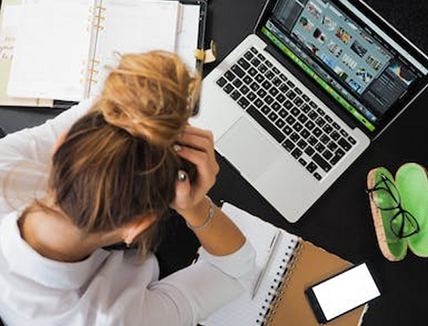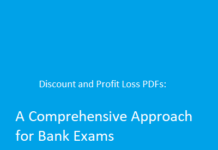
Stress and anxiety are the most common issues affecting most people’s daily lives. Stress and anxiety can have a negative impact on your mental and physical health, whether they are caused by work, relationships, or other life circumstances. However, there are many natural ways to reduce stress and anxiety that you can implement in your daily life.
Natural Ways to Reduce Stress & Anxiety
In this post, we’ll explore some of these techniques and how you can incorporate them into your routine.
● Exercise
Exercise’s one of the most effective ways to reduce stress and anxiety naturally. When you exercise, your body releases endorphins, hormones that make you feel good. They can also help reduce feelings of pain and act as natural antidepressants. Exercise can take many forms, from running and cycling to yoga and Pilates. Find an activity you enjoy and try incorporating it into your daily routine. In fact, regular exercise can help in inhibiting inflammation causes.

● Mindfulness
Being mindful means being fully involved in the present moment. It can help you reduce stress and anxiety by helping you become more aware of your thoughts and emotions. Mindfulness techniques include meditation, deep breathing exercises, and progressive muscle relaxation. These practices can help you relax, reduce stress, and increase feelings of well-being.
● Get Enough Sleep
Sleeping enough can help in reducing stress and anxiety. When you don’t rest properly, more stress hormones are released in your body, making you feel anxious and stressed. Try for at least 7-8 hours of sleep per night to ensure your body is well-rested and your mind is clear.

Eating a healthy, balanced diet can naturally help reduce stress and anxiety. Foods high in sugar, caffeine, and processed foods can make you more anxious and stressed.
Eat a diet high in fruits, vegetables, whole grains, and lean proteins instead. These foods can improve your mood and provide your body with the nutrients it requires to function properly.
Similarly, taking medicines can also help in reducing inflammation. So, is Advil anti-inflammatory? Yes, it is. But if you’re suffering from stress or anxiety, take it after your doctor’s recommendation.
● Connect with Others
Connecting with others is another natural way to reduce stress and anxiety. It doesn’t matter whether you’re spending time with family or friends or joining a support group, having a solid social support system can help you feel more relaxed and less stressed. It can also help you gain perspective on your problems and give you a sense of belonging and purpose.

Practicing gratitude can help you reduce stress and anxiety by focusing on the positive things in your life. Please take a few moments each day to consider what you’re thankful for, whether it’s your health, family, or job. Positive thinking can help you change your perspective and lower your levels of anxiety and stress.
● Get Outside
Spending time out of doors in nature can help you reduce stress and anxiety naturally. Whether it’s going for a walk in the park or sitting out in the sun, being in nature can help you feel more relaxed and less stressed. It can also give you a break from the daily hustle and bustle.
● Aromatherapy
To support mental and emotional well-being, aromatherapy uses essential oils. Certain fragrances, such as chamomile and lavender, can be soothing and aid in stress and anxiety reduction.To reap the benefits of essential oils, diffuse them or apply them topically.

Journaling is a great way to reduce stress and anxiety by helping you process your thoughts and emotions. Write down your worries, fears, and any positive experiences or things you’re grateful for. This can help you gain perspective and reduce feelings of stress and anxiety.
● Set Boundaries
Setting boundaries is a critical way to reduce stress and anxiety by establishing clear limits on what you’re willing to tolerate. This can include saying no to too demanding requests, delegating tasks, or limiting your exposure to negative people or situations. Setting boundaries can help you feel more in control of your life and reduce feelings of stress and anxiety.
● Practice Self-care
Self-care is any activity you do to care for your physical, emotional, and mental well-being. This can include taking a relaxing bath, reading a book, or listening to music. Practicing self-care can help you reduce stress and anxiety by giving you a break from your daily routine and allowing you to focus on yourself.
Final Words!
Incorporating natural stress-reduction techniques into your daily routine, such as exercise, mindfulness, sleep, healthy eating, socializing, gratitude, and spending time outside, can help you live a happier, healthier life. Remember to figure out what works best for you and take small steps to reduce your stress. Although it takes time and effort to reduce stress and anxiety, the benefits are well worth the effort. Try out these techniques and see how they can help you in relaxing and become less stressed.



















